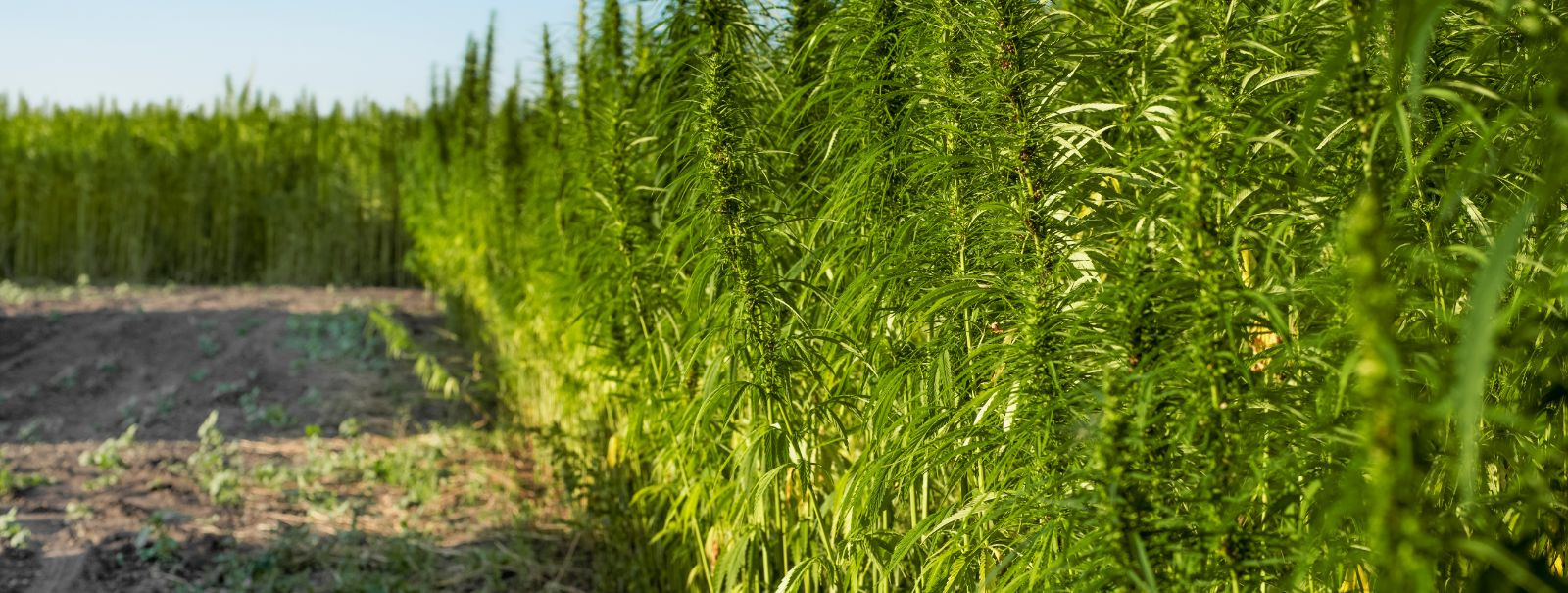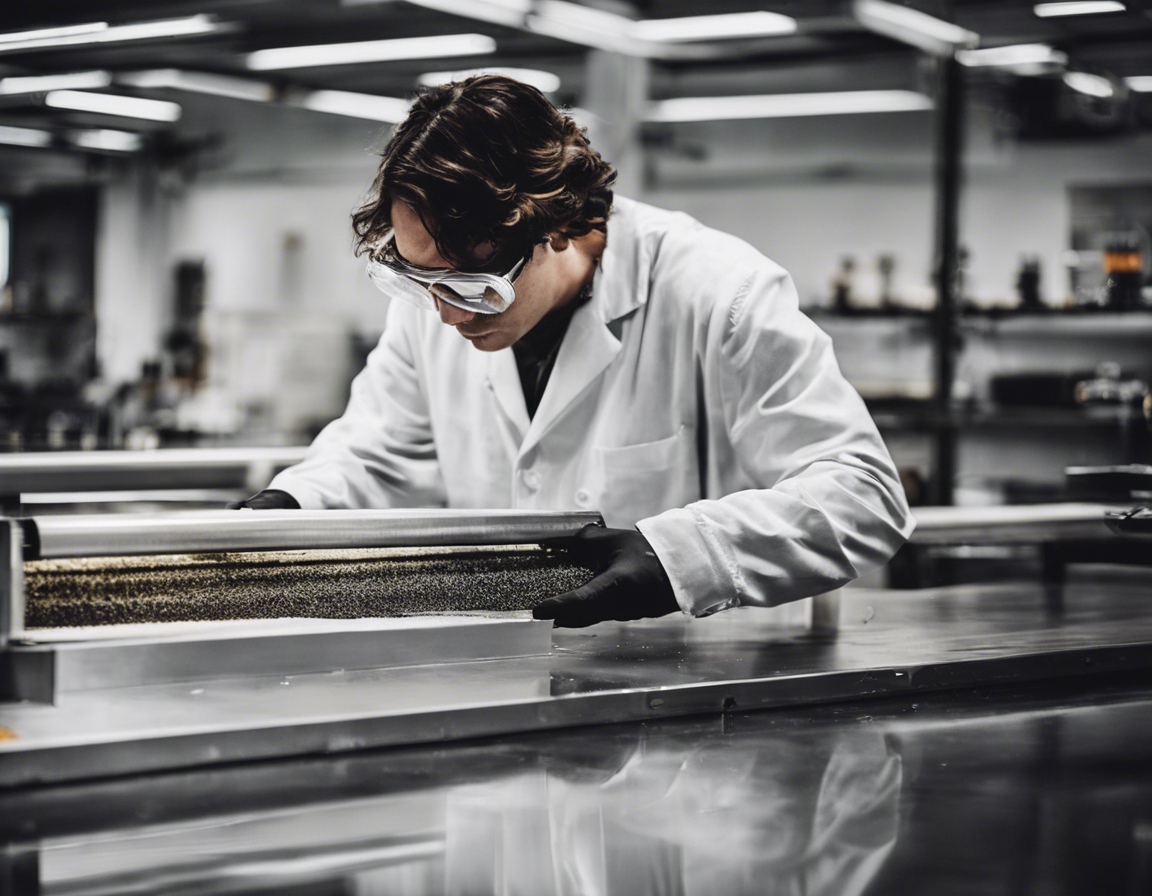The healing power of hemp: more than just cbd
Hemp, a plant with a rich history dating back thousands of years, is now at the forefront of a health and sustainability revolution. While CBD has garnered much attention for its therapeutic potential, hemp's value extends far beyond this single compound. This blog post delves into the myriad of ways hemp contributes to healing, both for individuals and the planet.
Hemp has been cultivated for its fiber, seeds, and oil for millennia. Its applications ranged from textiles and paper to food and medicine, playing a crucial role in the development of civilizations.
While CBD is a significant component of hemp, the plant's other elements – including other cannabinoids, terpenes, and phytonutrients – contribute to its healing properties. Hemp also offers nutritional, environmental, and industrial benefits that are often overlooked.
Nutritional Profile of Hemp Seeds
Hemp seeds are a powerhouse of nutrition, offering a perfect balance of essential fatty acids, proteins, and a range of vitamins and minerals that are vital for maintaining health.
Rich in omega-3 and omega-6 fatty acids, hemp seeds promote heart health and reduce inflammation. They also contain high-quality protein, making them an excellent food source for plant-based diets.
Loaded with vitamins E, B, and magnesium, hemp seeds support immune function, bone health, and energy production.
Hemp Fiber: A Sustainable Material for Innovation
The strong fibers of hemp are revolutionizing industries by providing sustainable alternatives to traditional materials. Hemp fiber is used in everything from biodegradable plastics to construction materials.
Hempcrete, a mixture of hemp fibers and lime, is a sustainable building material that offers excellent insulation and moisture regulation. Hemp is also used in the production of bioplastics, which are biodegradable and less harmful to the environment.
Hemp cultivation requires less water, pesticides, and herbicides than traditional crops. Its growth cycle is rapid, making it a highly renewable resource that can help reduce deforestation and pollution.
Hemp Oil and Skin Health
Hemp seed oil is gaining popularity in the skincare industry for its ability to nourish and rejuvenate the skin. Its unique composition makes it beneficial for a variety of skin conditions.
Rich in essential fatty acids, hemp seed oil helps to maintain the skin's natural barrier, promoting hydration and elasticity.
Due to its anti-inflammatory properties, hemp oil is used to treat conditions like eczema, psoriasis, and acne. It's also packed with antioxidants, which can help combat the signs of aging.
The Role of Hemp in Holistic Health Practices
Hemp plays a significant role in holistic health, offering benefits that extend to mental and physical well-being.
Components of hemp, such as CBD, have been shown to reduce stress and improve sleep quality, contributing to overall health and wellness.
Hemp can help support the immune system and maintain homeostasis in the body, which is essential for preventing disease and promoting health.
Industrial Hemp and Environmental Healing
Industrial hemp not only provides sustainable materials but also contributes to environmental healing through its ability to remediate soil and sequester carbon, making it a champion of eco-friendly practices.
Hemp has the remarkable ability to clean contaminated soil through a process called phytoremediation. It also captures carbon dioxide from the atmosphere, storing it within its fibers, which can help combat climate change.
As industries seek alternatives to materials that contribute to pollution, hemp stands out as a viable, eco-friendly option. Its versatility and sustainability make it an attractive choice for a greener future.






Comments (0)